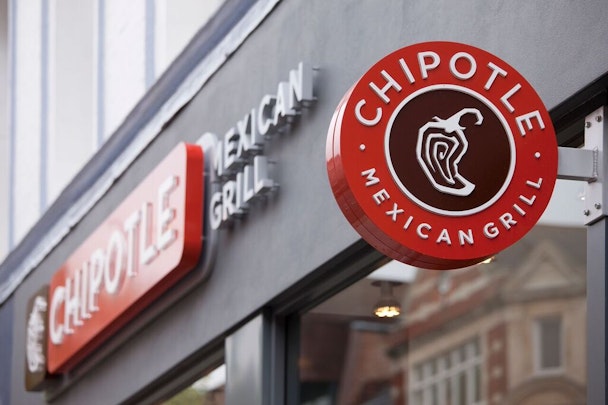The Chipotle Effect: Why now is the time to re-examine your social media policy
In January of 2015, Chipotle employee James Kennedy tweeted something negative about his job. The moment he tweeted, he broke Chipotle’s corporate policy forbidding employees to post about the company on social media. And while Kennedy’s tweet was negative in tone, Chipotle and other brand’s social policies cover all social media activity, whether you tweet, post or snap something good or bad. As a result of this tweet, he was fired.

Chipotle
In March of this year, a Federal ruling found Chipotle’s social media policy violated the National Labor Relations Act and ordered Chipotle to offer Kennedy his job back and pay him back wages. Well, the situation Kennedy found himself in is a lot more common than you might think.
“How many companies are shutting down social media in their own companies?” ">asked Ted Rubin. “Let’s think about how ridiculous that is.” Ted’s right. We have seen a lot of companies with a social media policy of “No.” No tweeting. No posting. No snapping. Some brands are taking a reactive stance, making decisions based out of fear and loss of control of the brand message. In reality, companies don’t own and drive brand messaging anymore; customers do—and as we see in the Chipotle example, employees do, too.
There is a risk to your brand in not letting people be themselves on social media. In the U.S., 60 million employees choose to talk about their employers online. Additionally, in a recent survey from Mindshare, 66% of employees said they are already advocates for their company, yet 74% felt they are missing out on company content. What are they saying? How can you tell?
We know there are companies that have a social media policy of “Yes.” Yes tweet. Yes post. Yes snap. They know that by empowering their employees, they empower their brand. They want to help employees build their personal digital brand. These companies get the right information into the hands of the right people in an engaging and sharable way.
Ironically, some companies that have a social media policy that encourages sharing are in regulated industries. In areas like healthcare, financial services and pharma, where there are complex state and federal rules around how companies talk about themselves, companies like Capital One and Humana are seeing the benefits of an proactive, enabling social media policy. (Some have won several awards for their social media programs). If they can empower their employees to share on social media, surely you can.
Russ Fradin is CEO and co-founder of Dynamic Signal. He tweets @rfradin
